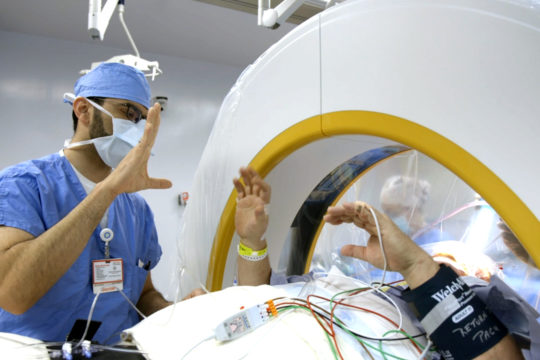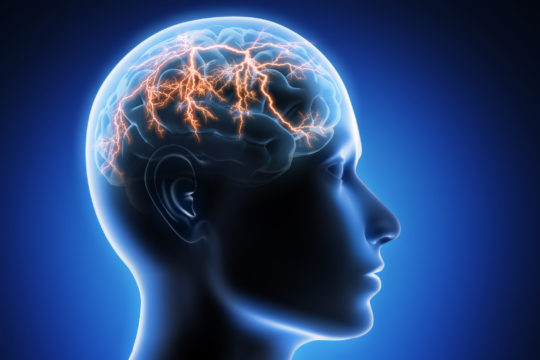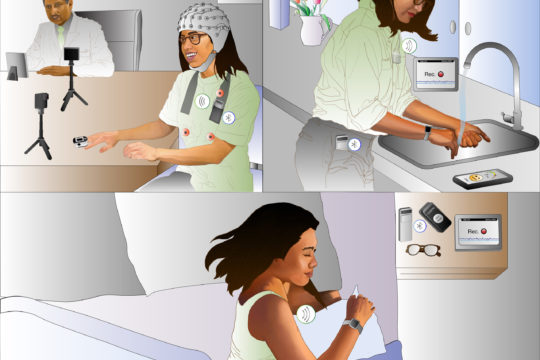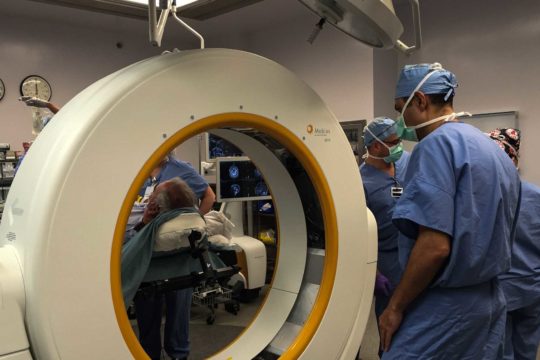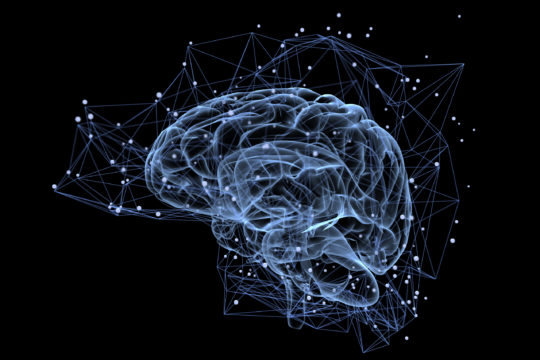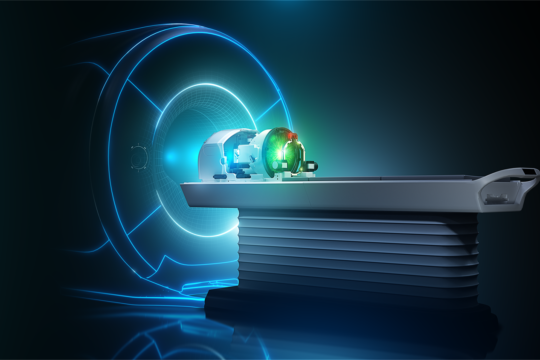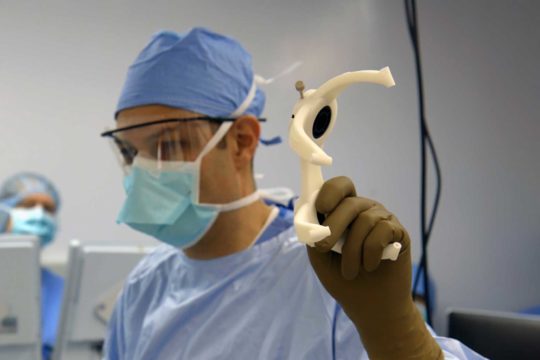Technology
Overview
What it is
Deep brain stimulation (DBS) is a form of treatment in which pathological brain activity can be regulated by electrical impulses from a fully-implanted, stimulator system. Unlike medications, which target particular receptors that may be distributed broadly throughout different brain areas, DBS targets pathological circuits with high anatomical precision.
Who can benefit
DBS is an established technology for modulating brain circuits in order to improve function in several neurological and psychiatric conditions, and is under study for the treatment of a variety of others: Not all patients with these conditions are good candidates for DBS, but many may be eligible, especially if medications alone are not providing sufficient relief to achieve the desired quality of life.
How it works
DBS requires an implanted pacemaker-like device to control and deliver stimulation to precise brain circuits. The device consists of three components: Electrode “leads” that are precisely positioned within the brain, a pulse generator battery that resides under the skin (usually over the chest), and extension cables that connect the battery to the leads, running underneath the skin along the neck.
Implanting a DBS system is a staged process, typically requiring two or three procedures. Our DBS process is designed to optimize safety and efficacy. The main procedures involve placing the electrode leads in the brain and subsequently implanting the pulse generator battery and connecting it to those electrode leads. Implanting electrode leads can be done while asleep, or while awake in order to test for benefits and side-effects of stimulation, to ensure the system will function properly. We typically perform these procedures with intra-operative neuro-imaging, to provide additional useful information about electrode position. Because altering electrode position by even 1 or 2 millimeters can improve or degrade the efficacy of DBS therapy, we seek to acquire as much data as possible at the time of the operation to optimize DBS placement for maximal benefit.
